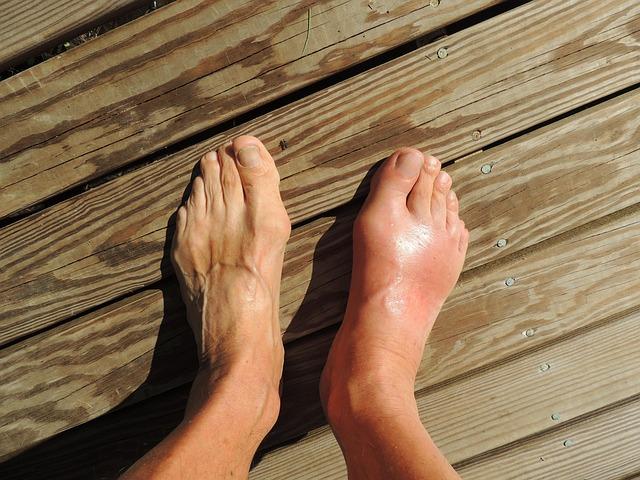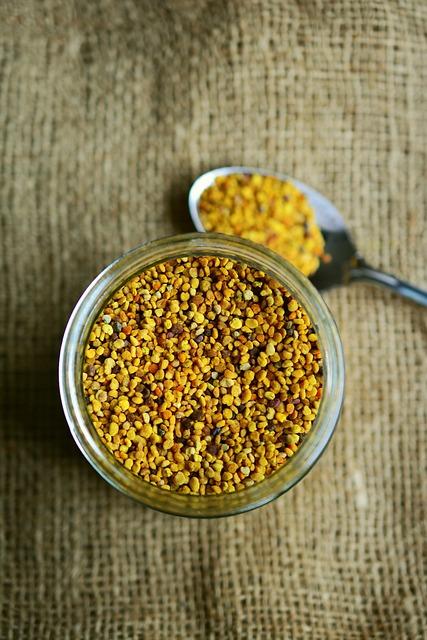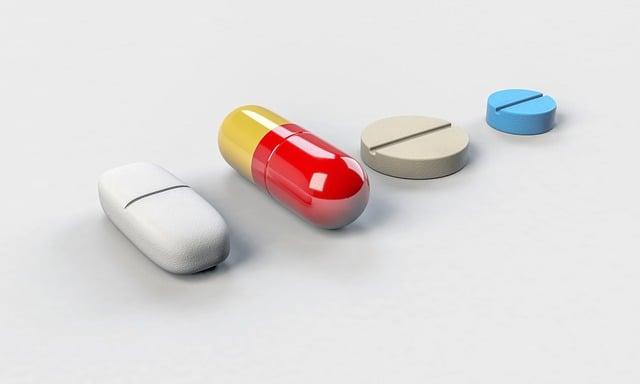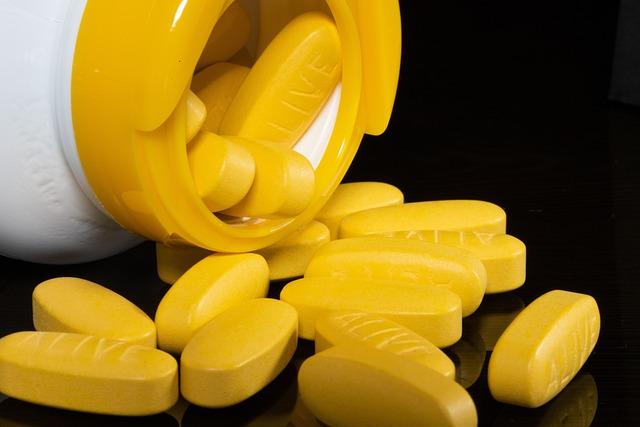When it comes to achieving peak performance in fitness and everyday life, recovery plays a pivotal role. Whether you’re a seasoned athlete pushing your limits or simply aiming to maintain an active lifestyle, managing inflammation is crucial for promoting optimal healing and overall health. Enter the world of recovery supplements—a burgeoning field that promises to enhance recovery pathways, reduce soreness, and facilitate the body’s natural anti-inflammatory responses. But with a multitude of products claiming miraculous results, how do we discern the essentials from the exaggerations? In this article, we delve into the science behind the best recovery supplements for inflammation reduction. By uncovering the latest research and expert insights, we aim to guide you through the options that are truly backed by science, empowering you to make informed choices on your journey to recovery.
Understanding Inflammation and Its Impact on Recovery
Inflammation is a natural response of the body’s immune system to injury or infection, acting as a vital mechanism for healing. However, chronic inflammation can lead to prolonged pain, reduced mobility, and a multitude of health issues. As the body attempts to heal, inflammation can inhibit recovery, affecting muscle repair and overall performance. Key factors that contribute to inflammation include stress, poor diet, and lack of physical activity. Therefore, understanding inflammation’s role is crucial for anyone embarking on a recovery journey.
Incorporating certain supplements can greatly aid in mitigating the effects of inflammation, promoting a faster recovery. Turmeric, known for its active compound curcumin, possesses powerful anti-inflammatory properties, while omega-3 fatty acids, found in fish oil, are known to reduce inflammatory markers in the body. Several studies have highlighted the benefits of these supplements in improving mobility and reducing pain in athletes and those recovering from injury. Additionally, antioxidants like vitamin C and E are instrumental in neutralizing free radicals that can exacerbate inflammation. Below is a concise table of supplements commonly used for inflammation reduction:
| Supplement | Primary Benefit | Recommended Dosage |
|---|---|---|
| Turmeric/Curcumin | Reduces joint pain and inflammation | 500-2000 mg/day |
| Omega-3 Fatty Acids | Reduces inflammatory markers | 1000-3000 mg/day |
| Vitamin C | Boosts antioxidant levels | 1000 mg/day |
| Ginger | Alleviates muscle soreness | 1000 mg/day |

Key Ingredients in Recovery Supplements for Inflammation Relief
When exploring effective recovery supplements designed to alleviate inflammation, several key ingredients consistently emerge as beneficial. Chief among these are curcumin, the active compound found in turmeric, which boasts potent anti-inflammatory properties. Omega-3 fatty acids, typically sourced from fish oil, are another critical player, known for their ability to reduce joint stiffness and pain while promoting overall heart health. Additionally, Ginger extract serves as a powerful natural anti-inflammatory, capable of enhancing metabolic function and aiding in improved recovery from exercise-induced inflammation.
Other notable ingredients include boswellia serrata, which has been shown to inhibit the production of inflammatory enzymes, providing relief for those suffering from chronic inflammation. Vitamin D is also essential, as it plays a pivotal role in immune function, helping to modulate inflammatory responses within the body. Finally, bromelain, an enzyme found in pineapples, has been studied for its ability to reduce swelling and pain. Together, these ingredients form a comprehensive approach to managing inflammation, ensuring a more effective recovery process for athletes and active individuals alike.

Science-Backed Recommendations for Effective Supplements
When considering recovery supplements, it’s essential to focus on those with evidence-based benefits for inflammation reduction. Here are some of the most promising options that science has highlighted:
- Curcumin: The active compound in turmeric, curcumin has strong anti-inflammatory properties and has been shown to lower markers of inflammation in numerous studies.
- Omega-3 Fatty Acids: Found in fish oil, these essential fats help reduce inflammation and may contribute to a quicker recovery from exercise-induced soreness.
- Quercetin: This flavonoid is noted for its ability to reduce inflammatory cytokines and is often recommended for its synergistic effects with vitamin C.
- Vitamin D: Beyond its well-known role in bone health, vitamin D influences the immune system and can modulate inflammatory responses. Low levels can exacerbate inflammation.
Incorporating these supplements can be beneficial, but it’s equally important to consider dosage and the overall dietary context. Here’s a quick reference table of recommended dosages based on scientific studies:
| Supplement | Recommended Dosage | Potential Benefits |
|---|---|---|
| Curcumin | 500-1000 mg daily | Reduces inflammation |
| Omega-3 Fatty Acids | 1000 mg daily | Supports joint and heart health |
| Quercetin | 500 mg daily | Anti-inflammatory and antioxidant effects |
| Vitamin D | 1000-2000 IU daily | Modulates immune response |

Integrating Recovery Supplements into Your Routine for Optimal Results
Integrating recovery supplements into your daily routine can make a profound difference in managing inflammation and enhancing overall recovery. To achieve optimal results, it’s essential to choose supplements that align with your specific health goals and lifestyle. Incorporating these supplements consistently can facilitate better muscle recovery and reduce soreness, allowing you to maintain a productive training regimen. Here are a few popular recovery supplements that have been backed by scientific research:
- Curcumin – Known for its anti-inflammatory properties, curcumin can significantly reduce exercise-induced inflammation.
- Omega-3 Fatty Acids – Found in fish oil, these fatty acids support joint health and can minimize inflammation in the body.
- Bromelain – This enzyme, derived from pineapple, is effective in reducing swelling and promoting faster recovery.
- Magnesium – Essential for muscle function, magnesium supplementation can help alleviate cramps and reduce muscle soreness.
When introducing these supplements, it’s important to monitor your body’s response and adjust dosages accordingly. Consider creating a personalized supplement schedule that fits seamlessly into your daily routine. Tracking your progress can help you identify which products yield the best results for your inflammation management. For convenience, you can categorize the supplements based on their effects:
| Supplement | Benefit |
|---|---|
| Curcumin | Reduces inflammation |
| Omega-3 Fatty Acids | Supports joint health |
| Bromelain | Promotes faster recovery |
| Magnesium | Relieves muscle cramps |
The Way Forward
In the intricate dance of health and wellness, recovery supplements play a pivotal role, especially for those seeking relief from inflammation. As we’ve explored throughout this article, the science-backed options available today bring a wealth of potential benefits, ranging from botanical wonders to essential nutrients. While each supplement offers unique properties, it’s essential to remember that individual responses may vary, and what works for one person might not suit another.
Before embarking on your supplementation journey, consider consulting with a healthcare professional to tailor an approach that aligns with your specific needs and lifestyle. Whether you opt for turmeric’s golden embrace or the soothing qualities of omega-3s, the goal remains the same: to foster recovery, enhance well-being, and reclaim vitality.
As you navigate the myriad choices available, let informed decisions guide your path. Embrace the knowledge shared and stay attuned to the signals your body sends. With a mindful approach to inflammation reduction, you’re not just enhancing your recovery—you’re investing in a healthier, more resilient future.
